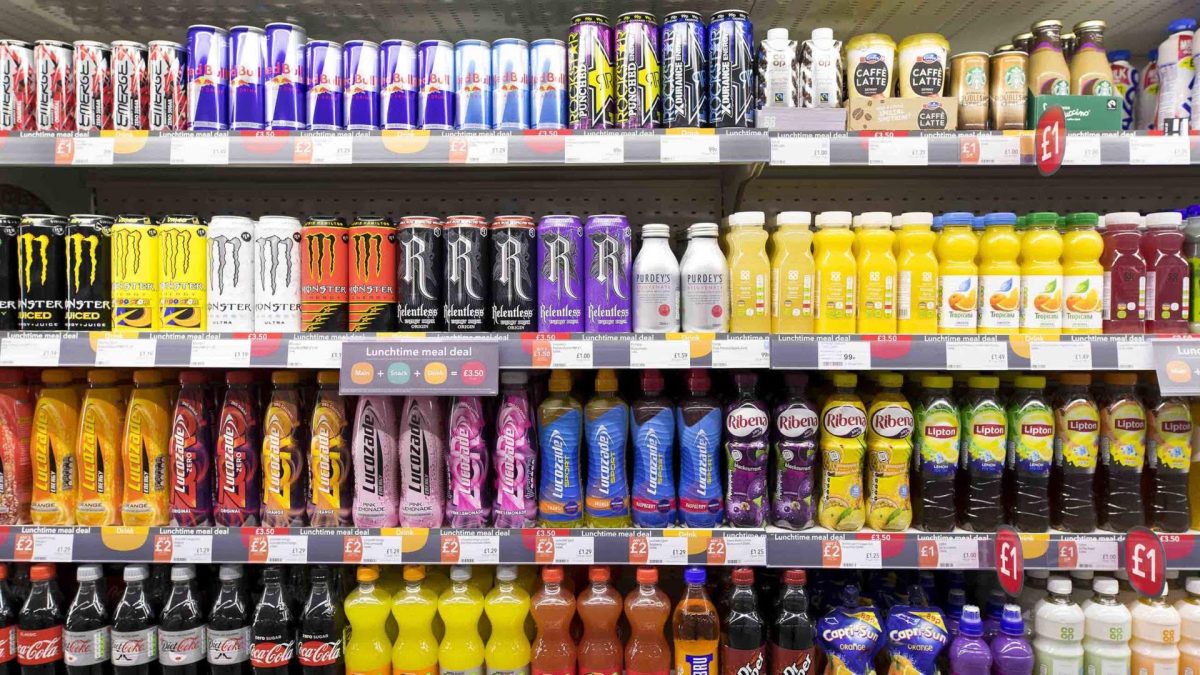Energy drinks have been around for quite some time, but since the invention of Red Bull in 1997, the increase in consuming these high-caffeinated drinks has drastically shaken the effects on different parts of the human body and mind. While many may view energy drinks as a quick pick-me-up, these tasty liquids could be dragging down overall health.
The National Library of Medicine (NIH) reports that, “High-end energy drink consumers reported more risk-taking behaviors, sleep disturbances, and higher frequency of mental illness.” As this is applied to all energy drinks, the common denominator is not hard to uncover: too much caffeine.
Once in the brain, caffeine attaches itself to Adenosine receptors, the chemical responsible for sleep and arousal, and blocks the receptors. However, the continuous occlusion of these receptors leads to the increase in adenosine production, resulting in a decrease in cognitive function and alertness.
But the negative effects of energy drinks don’t just stop at the brain. They can increase the risk of heart disease by promoting heart rhythm disturbances as well as overload the liver and block blood vessels.
The high dosage of caffeine and sugar in energy drinks leads to increases in anxiety, stress, and depression. A deeper dive into this by NIH states, “…When investigating daily caffeine consumption in psychology students, Gilliland and Andress reported that trait anxiety and depression were higher in moderate and high consumers compared to abstainers.”
While energy drinks can set the stage for increases in risk of disease from the major organs to the brain and more intense effects of anxiety and depression, using energy drinks in moderation is a good way to boost productivity and vigor. However, maintaining the levels of caffeine in energy drinks is always a good way of watching out for early signs of these diseases.
Sources:
NIH: https://pmc.ncbi.nlm.nih.gov/articles/PMC4892198/
UCDavis Health: https://health.ucdavis.edu/blog/good-food/how-do-energy-drinks-affect-your-heart-and-overall-health/2024/05










